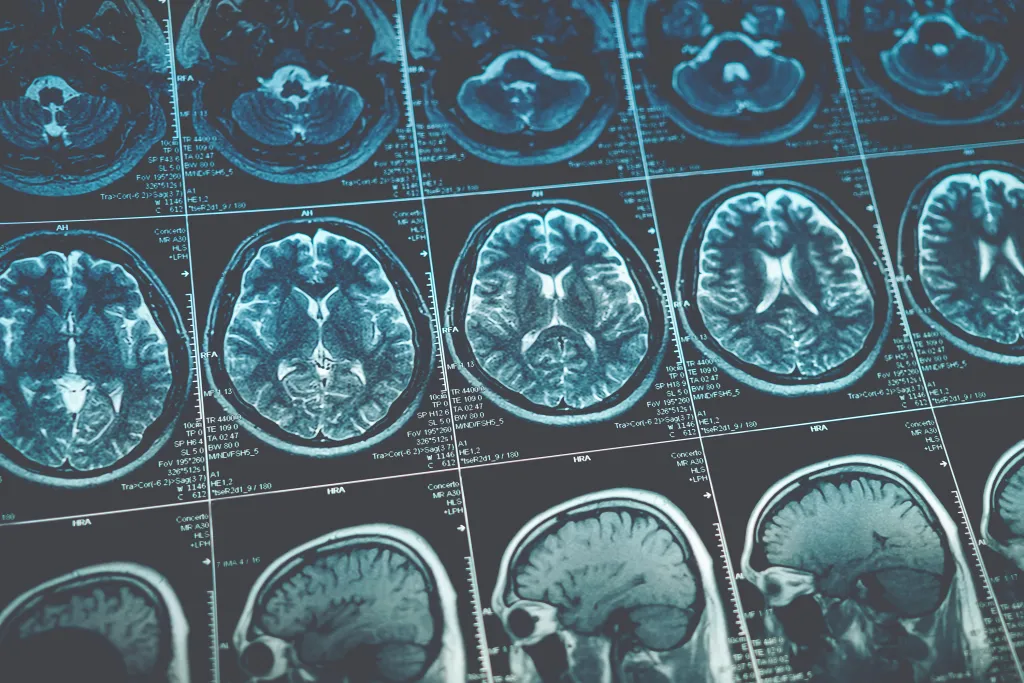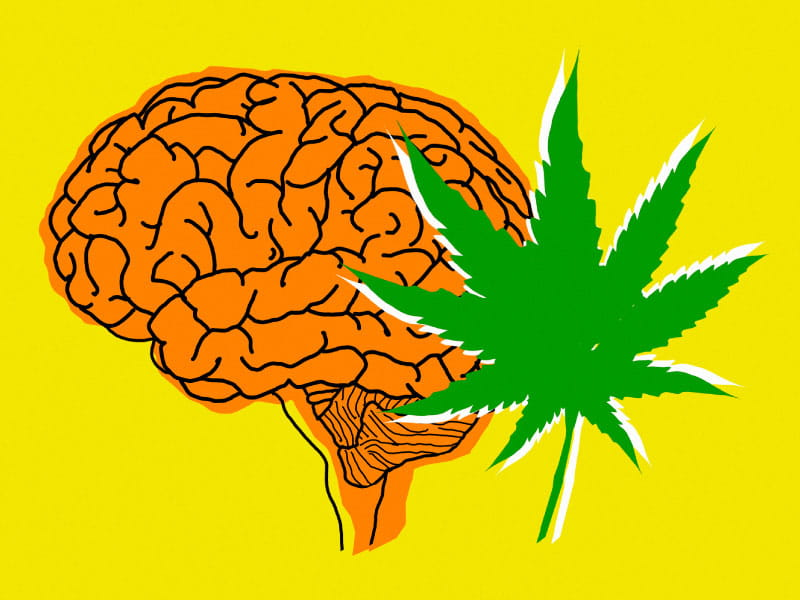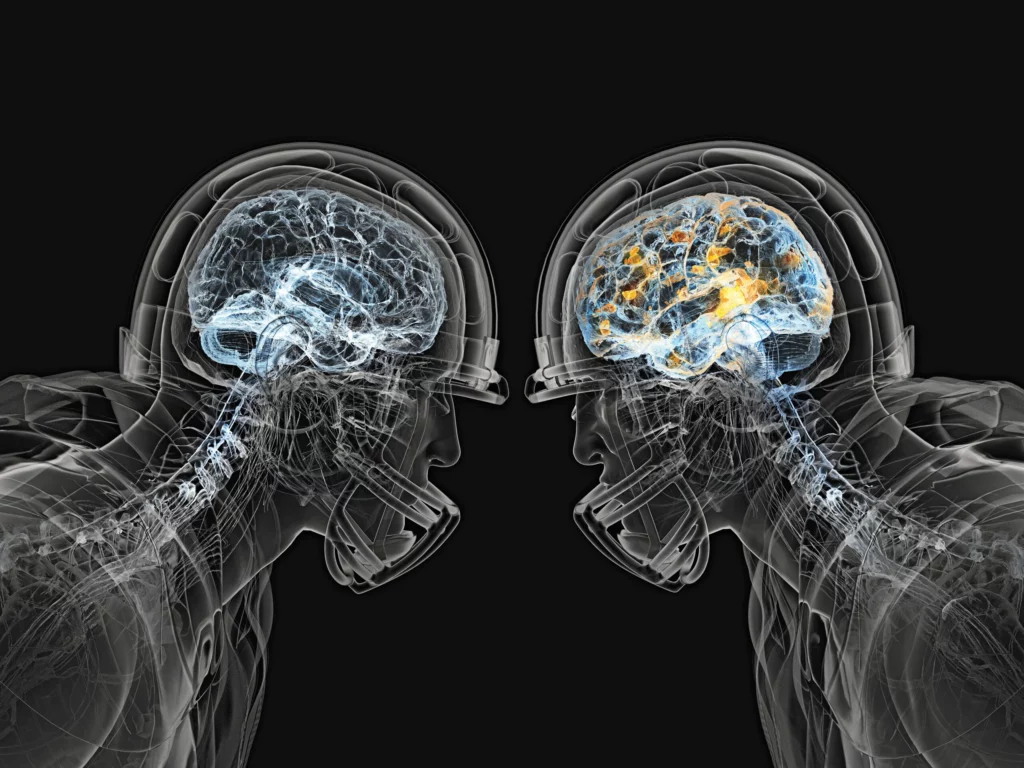Cannabis
Can CBD Help with CTE?
Chronic Traumatic Encephalopathy (CTE) is a degenerative brain condition that has gained significant attention in recent years. Primarily, due to its association with contact sports like American football. The condition is the progressive deterioration of brain tissue, resulting from repeated head trauma. With the increasing awareness of CTE and its potentially devastating consequences. There has been a growing interest in finding effective treatments to manage its symptoms and potentially even prevent its onset. One promising compound that has emerged in this context is cannabidiol (CBD), a non-psychoactive component of the cannabis plant. In this comprehensive guide, we address can CBD help with CTE? It’s underlying mechanisms, and how to choose the right CBD product for this purpose.
Understanding Chronic Traumatic Encephalopathy (CTE)
What is CTE?
Chronic Traumatic Encephalopathy is a progressive degenerative brain disease that is primarily because of continuous head trauma. The condition is most common in contact sports athletes, such as American football players, and military veterans who have traumatic brain injuries. The repeated concussions sustained during these activities can lead to the development of CTE over time.
Symptoms of CTE
CTE manifests through a wide range of neurological and behavioral symptoms that can have a profound impact on an individual’s quality of life. Some of the most common symptoms associated with CTE include:
- Anger, depression, anxiety, and mood disturbances
- Impulse control issues
- Deterioration in attention, concentration, and memory
- Disorientation, dizziness, and confusion
- Headaches
- Poor judgment
- Slowed muscular movements
- Difficulty walking, speaking, and swallowing
- Tremors
- Vertigo
- Drooping eyelids
- Deafness
Unfortunately, there is currently no established cure or treatment for CTE. However, recent research has suggested that CBD may hold potential in alleviating some of the symptoms associated with this debilitating condition.
CBD: A Brief Overview
Cannabidiol (CBD) is a naturally occurring compound found in the cannabis plant, specifically in hemp and certain strains of marijuana. Unlike its more well-known counterpart, tetrahydrocannabinol (THC), CBD does not produce psychoactive effects, Meaning it does not cause the user to feel “high.” Instead, CBD provides a wide range of potential therapeutic benefits, including anti-inflammatory, analgesic, anxiolytic, and neuroprotective properties.

CBD is available in various forms, such as full-spectrum, broad-spectrum, and isolate. Full-spectrum products contain all the naturally occurring phytochemicals in the cannabis plant, including minor cannabinoids, terpenes, flavonoids, and trace amounts of THC (up to 0.3%). Broad-spectrum products are similar to full-spectrum but with the THC completely removed. Isolate products consist of pure CBD without any other cannabinoids, terpenes, or flavonoids.
The Potential of CBD in CTE Treatment
While research on CBD’s effectiveness in treating CTE is still in its infancy, there is a growing body of evidence suggesting that the compound may offer some benefits for those suffering from this condition. In this section, we will explore some of the most relevant research findings and discuss how CBD may help with various aspects of CTE.
CBD as a Neuroprotectant
One of the most promising aspects of CBD in the context of CTE is its potential as a neuroprotectant. This means that CBD may help protect the brain from damage caused by traumatic injuries, such as those that lead to the development of CTE. The U.S. government holds a patent for CBD as a neuroprotectant, highlighting the growing recognition of this compound’s potential in this area.
CBD’s Role in Inhibiting Tau Buildup
A key characteristic of CTE is the buildup of tau, an abnormal protein that accumulates in the brain and disrupts its normal functioning. Research on Alzheimer’s disease, a condition with similarities to CTE, has shown that CBD may help protect the brain by inhibiting the accumulation of tau. This suggests that CBD could potentially help reduce or prevent tau buildup in individuals with CTE. Thereby, reducing the loss of function associated with this accumulation.
CBD and Neurogenesis
Another promising aspect of CBD’s potential in CTE treatment is its ability to promote neurogenesis, or the growth of new brain cells. Cannabinoids have been shown to help promote the growth of new brain cells, potentially repairing damage that has already occurred. This could be particularly beneficial for individuals with CTE, as the condition is characterized by the progressive loss of brain cells due to repeated head trauma.
Addressing CTE Symptoms with CBD

In addition to its direct effects on the brain, CBD can help managee symptoms of CTE. CBD is known for a wide range of health benefits, including the alleviation of symptoms such as:
- Pain
- Inflammation
- Depression
- Anxiety
- Tremors
- Movement problems
These effects are thought to be mediated by CBD’s interaction with the endocannabinoid system (ECS). A complex network of receptors throughout the human body that plays a crucial role in regulating various physiological processes. When the ECS becomes dysregulated, as may occur in CTE, supplementing with plant-derived cannabinoids like CBD can help restore balance and alleviate symptoms.
Athletes and CBD Use
Despite the potential benefits of CBD for CTE, many athletes, particularly those at elite levels. They all face barriers to accessing and using this compound. Cannabis, including CBD, is still classified as a Schedule 1 substance in the U.S. As well as, the use of cannabis-related products is prohibited by most sports organizations. While the World Anti-Doping Agency has removed CBD from its list of banned substances, major sports leagues in the U.S. Such as the NFL and NBA, continue to enforce restrictions on CBD use.
However, some athletes have begun to advocate for changes to these policies, as they have experienced the positive effects of CBD firsthand. Former professional football quarterback Jake Plummer. For example, has shared his positive experiences with CBD, stating, “Since I started taking CBD regularly, there are no more slow-moving, dreadful days with headaches, joint stiffness, and wandering thoughts.”
As more research continues to uncover the potential benefits of CBD for CTE. its more likely that the conversation around CBD use in sports will continue to evolve.
Choosing the Right CBD Product for CTE
If you are considering using CBD to address the symptoms of CTE or to support brain health in general, it is important to choose a high-quality product. The market for CBD products is rapidly expanding, and the quality can vary greatly between different brands and formulations. To ensure you are selecting a safe and effective product, consider the following factors:
Third-Party Testing and COAs
Always look for CBD products that have been independently tested by a third-party laboratory. These tests can verify the CBD content, THC levels, and the presence of any contaminants, such as pesticides, heavy metals, or residual solvents. Reputable companies will provide a Certificate of Analysis (COA) for their products, which should be readily accessible on their website or through a QR code on the packaging.
Product Type and Potency

Consider the type of CBD product that best suits your needs, whether it be a full-spectrum, broad-spectrum, or isolate formulation. Also, take into account the potency of the product, which can be determined by the milligrams (mg) of CBD per serving.
CBD Dosage for CTE
As there are no official dosage guidelines for CBD in the context of CTE. It is important to start with a low dose and gradually increase it until you achieve the desired effects. This process, known as titration, allows you to find the optimal dose for your specific needs and minimize the risk of side effects.
Methods of Using CBD for CTE
CBD can be consumed in various forms, including oils, tinctures, edibles, capsules, and vapes. Each method has its own advantages and disadvantages in terms of onset time, duration of effects, and ease of use. Topical CBD products, such as creams, balms, and gels, can also be for localized relief of symptoms related to CTE, such as pain and inflammation.
Final Thoughts on CBD and CTE
The possibilties Can CBD help CTE is an exciting area of research that’s still in its early stages. While more studies are needed to fully understand the extent of CBD’s benefits in this context. However, existing evidence suggests that this compound may offer significant support for individuals suffering from CTE and its associated symptoms. As the conversation around CBD and its use in sports continues to evolve. It’s likely that we will see further advancements in our understanding of this promising compound and its potential applications for the management and prevention of CTE.

